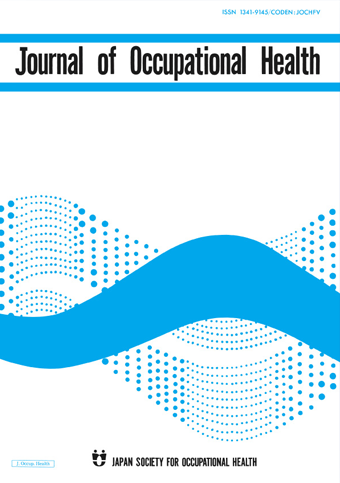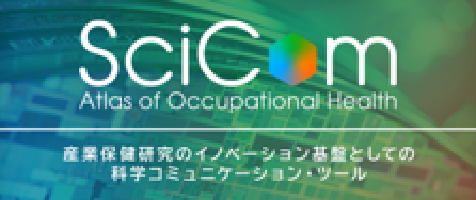Updating the guidelines for primary prevention of mental health problems at work
Mental health at the workplace is a subject of great research. We have previously developed evidence-based guidelines for preventing workplace mental health problems. It contained three sections: self-care training, supervisor training, and improving the workplace environment. The guidelines were based on a systematic review of around 100 studies published on databases like PubMed, MEDLINE, etc., between 1979 and 2010.
New strategies for preventing mental health problems at work have been published since then. The goal of this study was to update the old guidelines with new information that is useful.
The previous version of guidelines was developed in working groups consisting of researchers and multi-disciplinary experts. It was reviewed for applicability by various stakeholders, including representatives of the Japan Federation of Economic Organizations and Japanese Trade Union Confederation, occupational health practitioners, and other professionals.
We presented our draft to these stakeholders, who then provided feedback, which we implemented. This process was repeated twice and the guidelines were ready for use.
Updates to the old guidelines were made using the same procedures. New guidelines to self-care training and supervisor training were added based on 44 and 5 new studies, respectively, that were published between 2009 and 2015. Only few items were added in these sections; hence, they were not reviewed in consensus meetings.
The guidelines for improving the work environment were updated on the basis of our latest review, which identified obstacles to implementation as a key problem. Therefore, the updated guidelines focus on the implementation of preventive measures and the usage of tools to tackle mental health problems.
The section on self-care training contained information on identifying the meaning of self-care, deciding on its forms, preparing for and implementing measures, and following all this up with consistent efforts. In all, we included six recommendations and four tips in this section.
Similarly, the section on supervisor training had four categories: selecting participants, content, delivery, and frequency. The importance of this section was highlighted by studies, which suggest that supervisor training improves the knowledge, attitude, behavior, and confidence of supervisors in supporting employees with mental health problems.
Finally, for improving work environment, we compiled 8 recommendations and 4 tips on organizational development, implementing procedures, measuring improvements, and continuing implementation.
The updated guidelines were developed based on the best evidence presently available. They cover a broad range of issues and make standardized, evidence-based recommendations for preventing mental health problems at work.
Link to the original journal article:
https://www.jstage.jst.go.jp/article/eohp/advpub/0/advpub_2019-0007-RA/_article/-char/ja/
Proposed guidelines for primary prevention for mental health at work: an update
Akizumi Tsutsumi, Akihito Shimazu, Toru Yoshikawa
Here are some ways you can make it easier for your plain-language summary to be discovered once it has been published:
- Upload the summary on your personal, lab/research group, or university website.
- Share the published content with peers and colleagues through your personal social media accounts (Facebook, Twitter, Blogs, and LinkedIn). Link this back to the journal’s social media promotions for your paper.
- Include the link to the published post in your email signature line.
News & Announcement
-
Mar 14, 2025EOH-P has been listed on PMC/PubMed!The articles published in EOH-P have been registered with PMC/PubMed, the U.S. Nation...
-
Jun 11, 2021Lay Summary page open!Lay Summary page provides you article summaries in order of study categories. You can...
-
Oct 1, 2019EOH-P is now released!The Environmental and Occupational Health Practice (EOH-P) has been released. Please ...
Journal Info
Average 46.14 days from submission to first decision
Average 120.95 days from submission to acceptance







